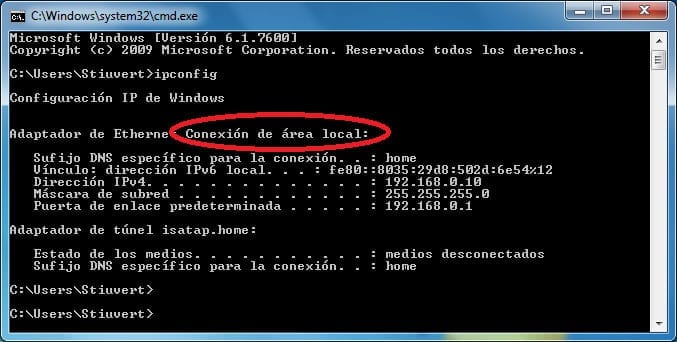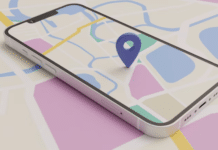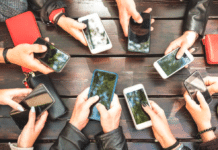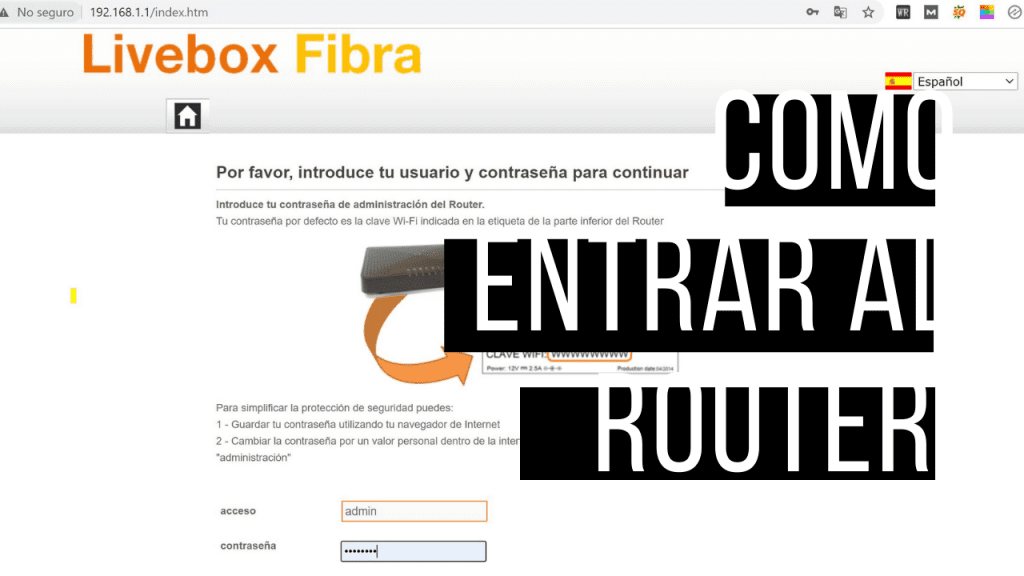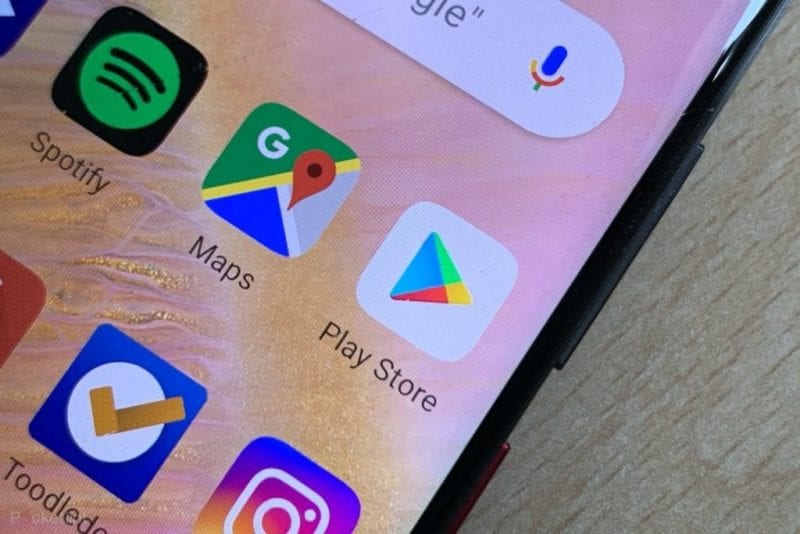The vast majority of Internet users also tend to use social networks, something very interesting and even productive but which also presents some drawbacks. Today we are going to focus on how to protect your privacy on social networks, a series of tips that we hope you will take into account to ensure that this ideal system for keeping in touch with other people does not become an accumulation of personal data that risks coming to light.
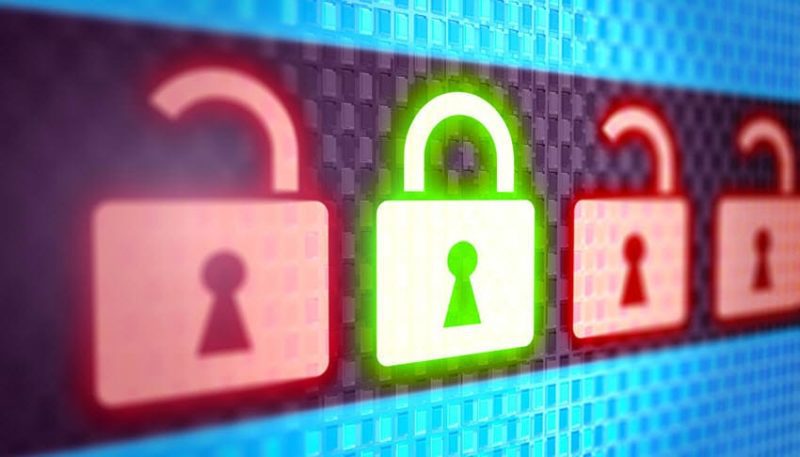
Article Content
Pay attention to the conditions of the social network
A mistake that users often make is the fact that register on any site without paying attention to the terms, which means that we really don't know what we are accepting, something that can seriously harm us.
Obviously, users are protected based on a series of laws that are above these terms, but that does not mean that it is easy to assert our rights on certain occasions, either because the regulations and the law on which a certain one is based social network is inspired by its country of origin, either because the process can involve long months of effort and legal expenses, or even because, once the wrong is done, there is no turning back.
In any case, we must always read all content before accepting the terms, and of course not accept them if we see that our information may be at risk.
Configure the social network to ensure maximum security
It is true that developers always seek to guarantee maximum security in their products, but they do not always achieve the desired effect, plus of course there can be an important difference between what we consider privacy and what these developers think it should be through. from your social network.
For this reason, when creating an account on any social network, by default we will have a standard and predefined security level, which will often be quite adequate depending on the use of most users, but it is possible that we are not satisfied with that security and look for something else.
In that sense, after creating the account, the next step will be to access the section that allows us to protect our privacy to check the levels for each of the details it offers and adapt them to our needs.
Be very careful with what you share
It is clear that social networks' main objective is to share our experiences and experiences with other people, whether they are acquaintances, friends, family, co-workers... but also with strangers.
No matter how much we restrict user access to our wall or page, we must keep in mind that all content is uploaded to the Internet and there are ways to access this information that we share without us being aware of it.
For this reason we always emphasize the importance of not uploading anything on the Internet that we do not want to be known to everyone, and above all we must also be very careful with all the information we share, since we may be providing it to people with malicious intentions. not very good.
For example, how many people communicate through their social networks that they are going on vacation? But the curious thing is that in previous weeks or even months they have also informed everyone that they live alone. We are basically telling the thieves “Hey, only I live in my house and I'm going to be gone for two weeks.”, do you really want to provide all these details over the Internet?

We repeat that, although we enjoy the maximum restriction and that only four family members can see this information, in reality it is a series of information that we are offering for free and it can end up in the hands of undesirable people, so be very careful with providing important details related with your privacy and above all with your security.
Be careful not to click on any link or download anything
The Internet is a fantastic world if we know how to navigate safely, but otherwise it can end up becoming even our worst nightmare. As a general rule, when a criminal obtains information related to us or even has access to our accounts, the reason is because we have provided them with said information or access. Obviously we have done it involuntarily, but the evil is already woven and now is when the problems begin.
But how have we been able to provide all this data? Well, very easy, we have probably clicked on a link that we shouldn't have and entered certain data, or we have even downloaded a program that has been responsible for finding out all this data on its own. same.
For this reason, it is essential that we do not pay attention to links and tools of dubious origin, either because we have won a great prize or because the bank is trying to contact us so that we provide a series of private data with great urgency or our account will be suspended. All of these are scams, since if our bank needs something it will request it by phone, letter or through the Internet but always accessing it from the official page by typing it yourself, not from a link they send you.

And remember that nobody gives a penny for pesetas, so all those magnificent raffles where they give you cutting-edge technologies and so on, in more than 90% of the cases they are scams that seek to obtain your data, don't have any doubts, and of course it is also important to have a lot Be careful with links even if they come from trusted people, since it may be that these people have been deceived or that the links have been sent on their behalf without their consent.
Be careful with the location of the devices
We must avoid at all times giving clues about where we are and what we are doing, and in that sense The location of our mobile device can be a serious problem for our security and privacy. The location allows us to know where we are at all times, which can be very useful for example to use it with a GPS, but we can also end up downloading an application or simply indicating to a social network the place where we are, which obviously It is not a secure method if we want to guarantee our privacy and security.
And of course we end by reminding you that Social networks are not a competition to see who has the most contacts, as, The more contacts, the greater the risk., since we don't even remotely know who is behind all of them, so our vulnerability will be much greater.
Industrial Engineering student and lover of writing and technology, for several years I have participated in various pages with the aim of always keeping myself informed of the latest trends and contributing my grain of sand in this immense dissemination network that we know as the Internet.
